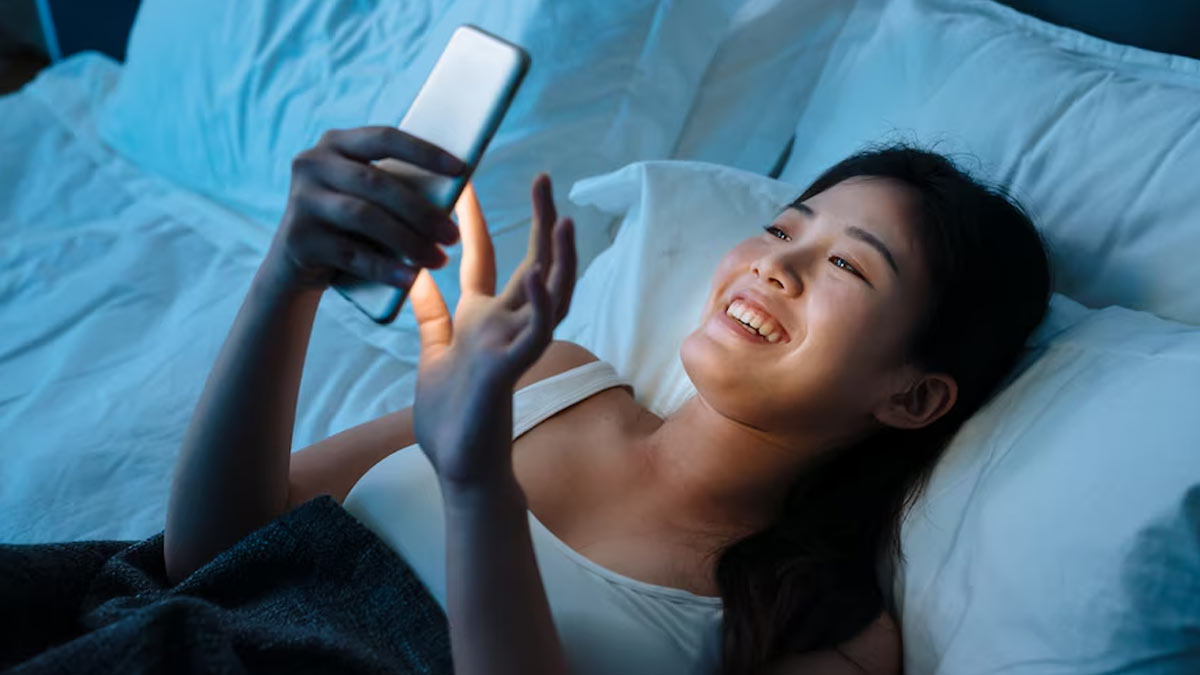Your teen’s smartphone can be harming their sleep more than you realize. The nocturnal scrolling habit—hours of endless reels, TikToks, and Snapchat streaks—is slicing into precious sleep and intruding into nighttime sleep cycles. Studies indicate that screen time at night postpones melatonin release, which makes it more difficult to fall and remain asleep.
Teenagers who scroll through their phones in bed are more likely to complain of bad concentration, mood swings, and tiredness the following day. Experts caution that the hit of dopamine from screen content keeps young brains active at a time that they should be unwinding. If left unchecked, this becomes a pattern of chronic sleep loss and even mental illness.
So how do parents assist? Begin by establishing tech-free zones, including bedrooms. Establish a regular bedtime and enforce a wind-down activity—such as reading or writing in a journal—at least 30 minutes prior to lights out. Employ apps that restrict screen time or disable social media after a certain time.
Changing the habit won’t be immediate, but establishing limits and modeling good digital behavior can steer your teen toward improved sleep—and improved general health.




